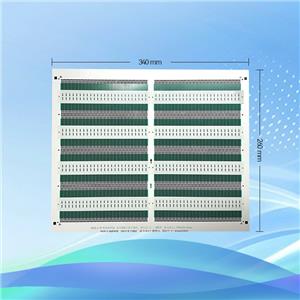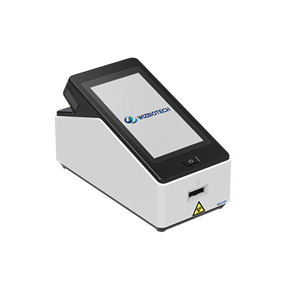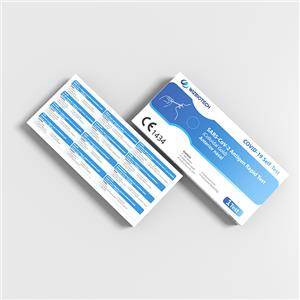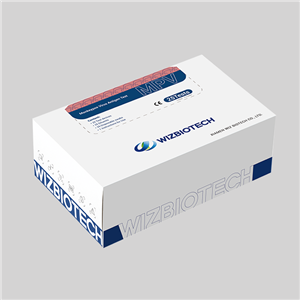How can fecal calprometheus be used in the management of IBD?
Fecal calprotectin is more sensitive and specific than systemic inflammatory markers, and is consistent with the degree of histological lesions. With these properties, it can be used as a biomarker indicating the degree of intestinal inflammation for the management and monitoring of inflammatory bowel disease (IBD).
As an alternative marker of mucosal healing status
In multiple trials, researchers found that patients with ulcerative colitis (UC) who achieved mucosal healing had better outcomes. Therefore, more and more clinicians are treating mucosal healing as a therapeutic goal. Since fecal calprotectin is associated with the degree of mucosal lesions, it can be used as a proxy for mucosal healing.
A small controlled study of patients in remission from UC (fecal calcarein levels >50ug/g) showed that patients randomly assigned to the higher dose group of mesalazine had lower fecal calprotectin levels after 6 weeks of treatment. And lower fecal calprotenin levels mean a lower likelihood of disease recurrence within 48 weeks.
Assist in the decision to stop IBD medication
According to the results of the STORI study, in patients whose disease was in stable remission (who had been treated with allopurine mercaptan/methotrexate and infliximab before infliximab was discontinued and they were in remission), fecal calprotenin measurements were elevated, suggesting that the disease could return. Therefore, fecal calprotenin levels can be used as an auxiliary indicator when deciding when to stop the drug.
Predict future recurrence in patients in remission
Garcia-Sanchez et al. pointed out in their study on the correlation between fecal calprotectin index and IBD recurrence that FC value was positively correlated with IBD disease grade, and the higher the fecal calprotectin value, the higher the risk of IBD recurrence. When fecal calprotectin was greater than 120ug/g, the sensitivity and specificity of IBD recurrence risk were 80% and 60%.
Another recent study on endoscopic remission has also shown that fecal calprotenin levels are a better predictor of future disease recurrence than the tiny levels of inflammation found in biopsies, with continuous measurement and endoscopy of fecal calprotenin in IBD patients showing that fecal calprotenin levels rise before disease recurrence.
Distinguish IBD from other diseases
The symposium of the British Institute of Gastroenterology (BSG), held in Birmingham in March 2005, discussed IBD-calprotenin-IBS as a new and useful diagnostic reference for distinguishing between IBD, IBS and colorectal cancer.At present, fecal calprotectin detection has been paid more and more attention.
A large number of studies have shown that fecal calprotectin can be used as a monitoring indicator of intestinal inflammation, and is an important auxiliary diagnostic tool to distinguish IBD from non-IBD.For patients with previous IBD, comparing existing fecal calprotenin measurements with those taken during the patient's previous IBD activity, if possible, is more helpful in determining whether the disease is again active.
As a POCT enterprise that has been deeply engaged in the field of digestive tract for more than ten years, Wizbiotech has obtained relevant registration certificates for the calprotectin detection kit developed and developed, which has been widely used in hospitals, clinics and other medical institutions, and has achieved good market response. Many doctors and patients recognize the product quality and service level of Wizbiotech and choose to use the calprotectin test kit from Wizbiotech. If you need calprotectin products, please contact our sales!




